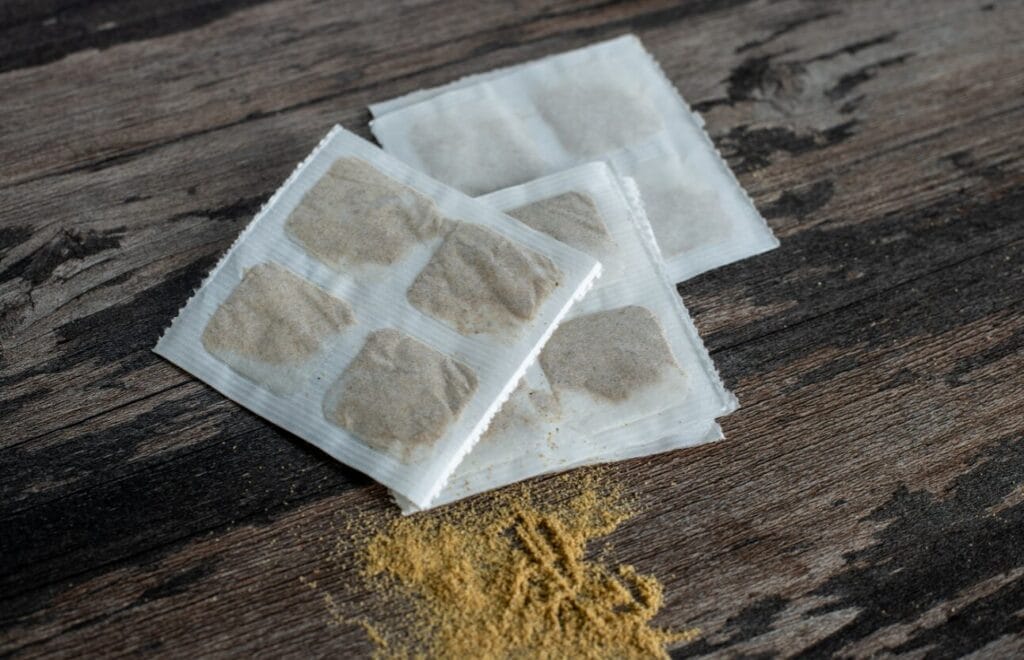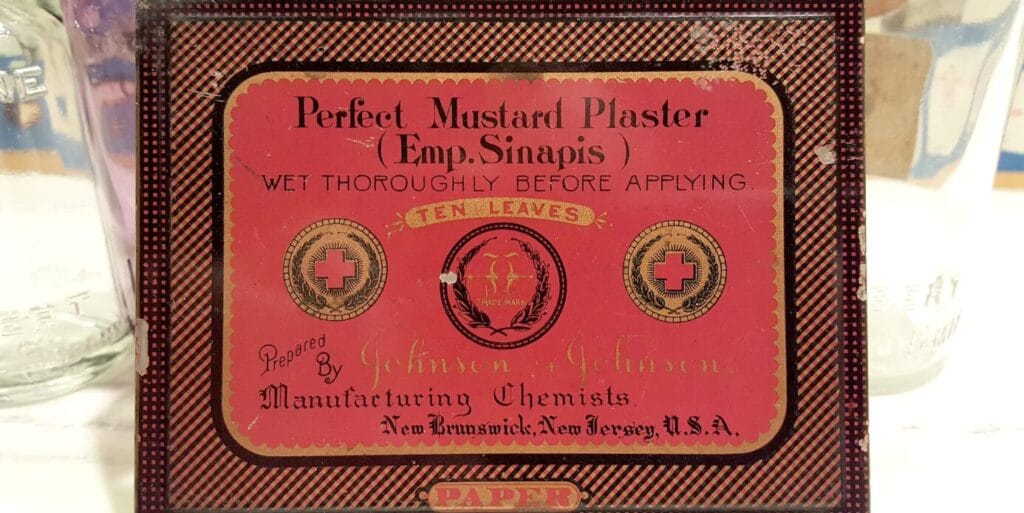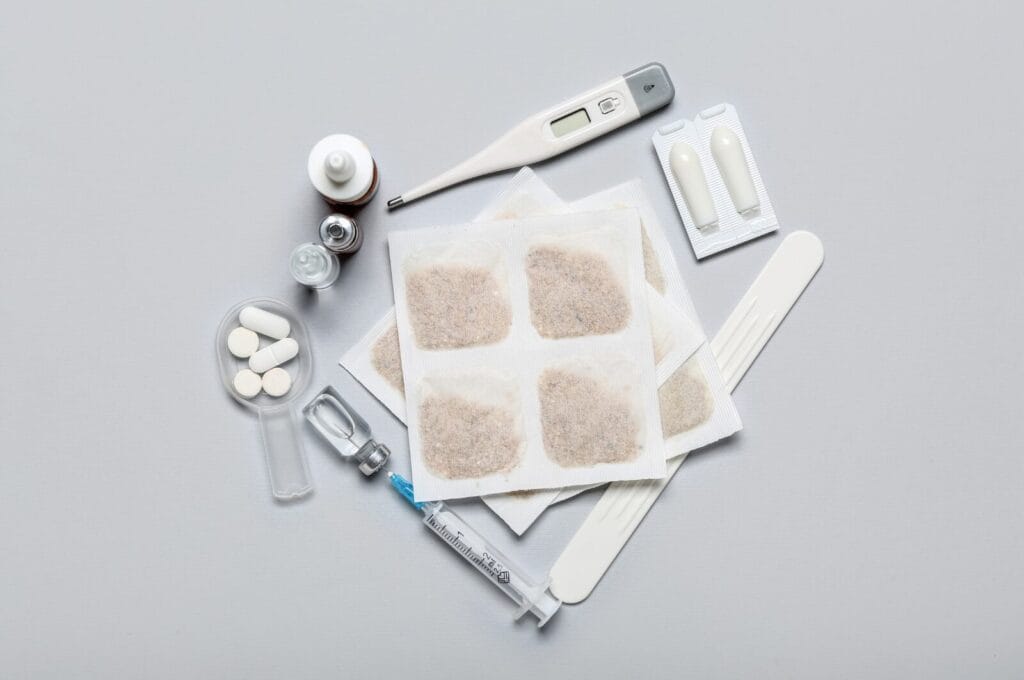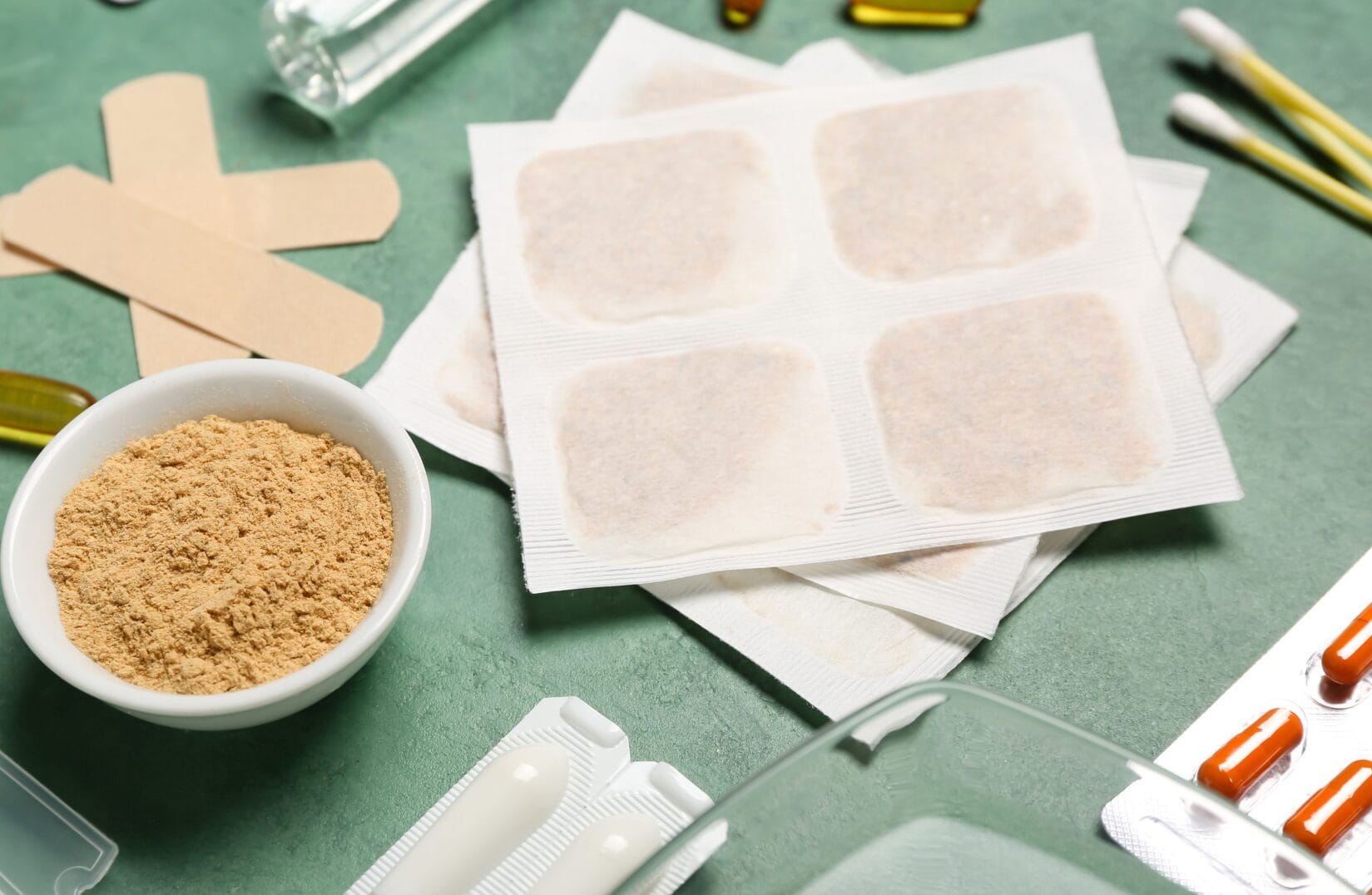One of the most popular and at the same time unpleasant methods of treating a cold and its symptoms in the post-Soviet space is applying mustard plasters. We decided to check whether the effectiveness of this remedy has been proven.
The benefits of mustard plasters in the treatment of colds are written on websites dedicated to healthy way of life and natural food dietary supplements. This information can also be found on culinary portals in articles about mustard. Also advice users are divided according to the use of mustard plasters blogging platforms And social networks. Posts about efficiency This tool can also be found on paramedical resources.
Mustard plasters They are either a sheet of paper coated with a layer of mustard powder, or a bag containing such powder. At staging it is dipped in hot water, and then placed on the patient’s back or chest (if the goal is to treat colds), covered with film and a blanket. Typically, mustard plasters are left on for 10–15 minutes (for adult patients), and then removed, after which the surface of the skin is wiped dry. If the procedure is carried out correctly, severe redness should appear on the skin (hyperemia) and a burning sensation. Among other things, manufacturers recommend using mustard plasters for acute respiratory infections, bronchitis and pneumonia.

Earlier in the analysis about whether it helps with colds honey, “Verified” has already written that for colds, in most cases caused by viruses, there is no specific treatment - you can only alleviate the symptoms. However, not a single reputable medical organization - for example, US Centers for Disease Control (CDC) National Library of Medicine USA, National Health Service UK (NHS) or Ministry of Health The Russian Federation does not name mustard plasters among the means that can help solve this problem. According to the Russian Ministry of Health, for bronchitis, which sometimes develops into a cold, the use of mustard plasters (as well as cupping, by the way, another popular treatment in the countries of the former USSR) is not at all advisable. Specialists of the Russian portal for assessing the evidence-based effectiveness of medicines MedIQ note that mustard plasters have no proven effectiveness.
“Verified” indeed failed to find high-quality medical studies on the effectiveness of this remedy for colds. However, it is impossible to assert on this basis that mustard plasters do not help, because there are also no scientific works that provide relevant evidence. However, the lack of interest among the international medical community in researching this method of treatment indirectly indicates not in its favor. Back in the 19th century, mustard plasters in the form we are familiar with were one of the first companies to produce Johnson & Johnson (the plant itself is of the mustard genus applied in medicine for thousands of years), but already in the 1980s, American journalists wrote about their use as a very outdated procedure.

To understand whether mustard plasters can bring any benefit in the treatment of colds, you need to understand exactly how they work. When mustard powder comes into contact with hot water, the enzyme myrosinase is activated, which breaks down sinigrin, the main active component of mustard, which gives it its characteristic pungent taste. As a result of this reaction, the substance allyl isothiocyanate is formed, which has irritating properties and causes burning and redness during the procedure. Allyl isothiocyanate penetrates the skin and activates TRPA1 receptors on the surface of nerve endings and cells that make up the walls of blood vessels. These receptors give the body a signal that the skin under the mustard compress has warmed up, and this, in turn, provokes blood flow.
The reputable medical organizations mentioned earlier do not recommend the use of any warming agents for colds - except perhaps some experts advise apply hot or cold compresses to the sinuses to relieve congestion, but mustard plasters obviously cannot be used for these purposes. But even if the warming effect helped with colds, there are safer means to achieve it - for example, the same wet compresses or heating pads. Mustard plasters have a row contraindications. So, they cannot be placed at elevated body temperature (which is not uncommon with a cold), bronchial asthma, or the presence of skin lesions. Experts advise using them with caution during pregnancy and lactation. In addition, mustard can cause severe allergies, and if used incorrectly - chemical burns And phytodermatitis.

There are some data about antimicrobial And antifungal properties of mustard, which theoretically could be useful for non-viral diseases. However, the experiments were mainly carried out in vitro, that is, not in the body, but in laboratory conditions, when certain components of mustard directly affected the pathogen. Considering that mustard plasters are a means for external use, it is doubtful that in real life they can show effectiveness comparable to that described in studies.
Thus, although mustard has been known as a remedy for thousands of years, there is little scientific evidence that mustard plasters have any beneficial effect on colds. The authors of the few existing studies on this topic emphasize that there is not yet enough data to make clear conclusions. Reputable medical organizations do not recommend the use of mustard plasters for colds and other respiratory tract infections, and some directly state that it is inadvisable. At the same time, mustard plasters have a number of contraindications, as well as side effects in the form of individual intolerance to mustard or serious burns if used incorrectly, that is, they can be not only useless, but also dangerous.
Cover photo: pixelshot via Canva
Read on the topic:
- Lloyd Library. Mustard, medicine and health
- Is it true that honey helps with colds?
- Is it true that vitamin C helps cure colds?
- Is it true that garlic protects against colds and flu?
If you find a spelling or grammatical error, please let us know by highlighting the error text and clicking Ctrl+Enter.






